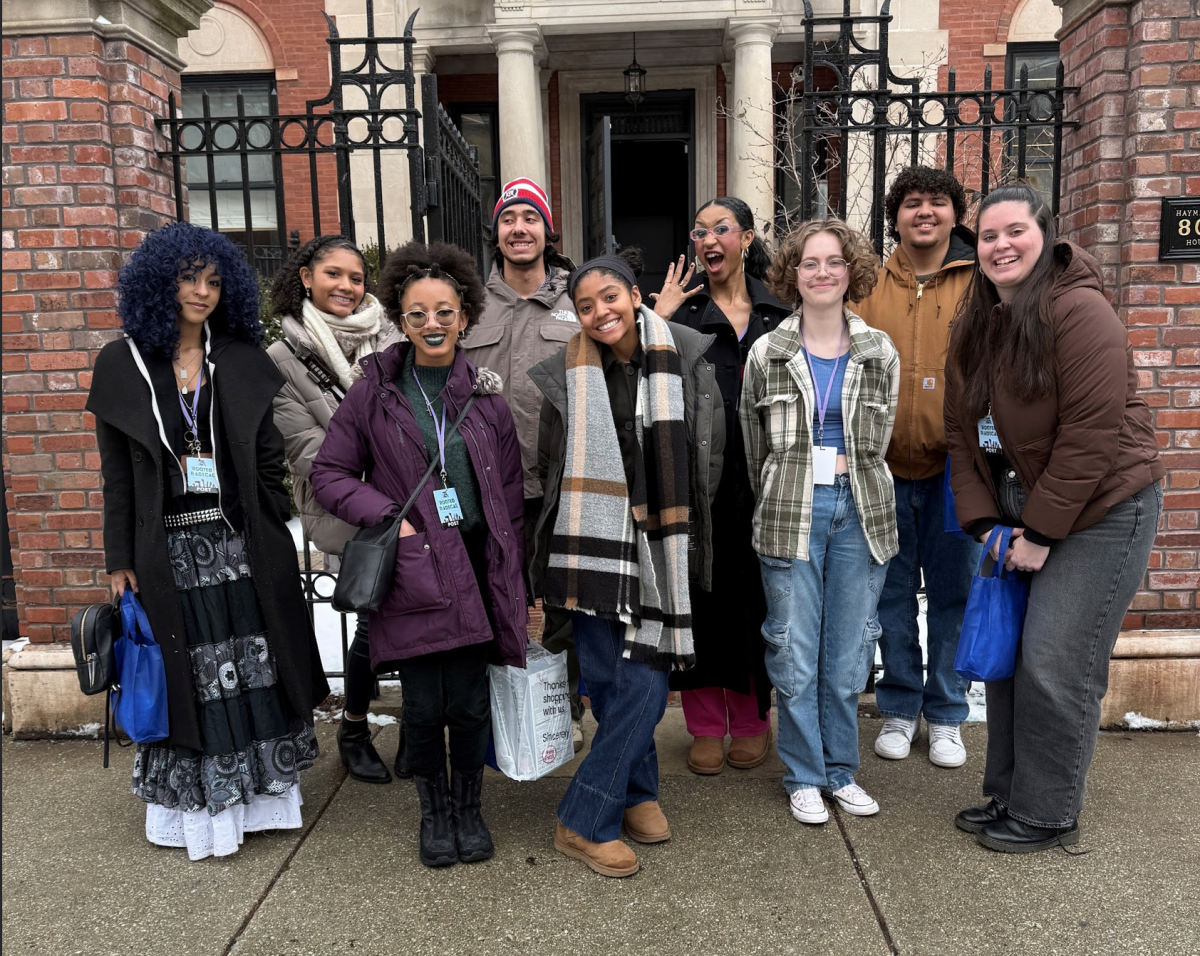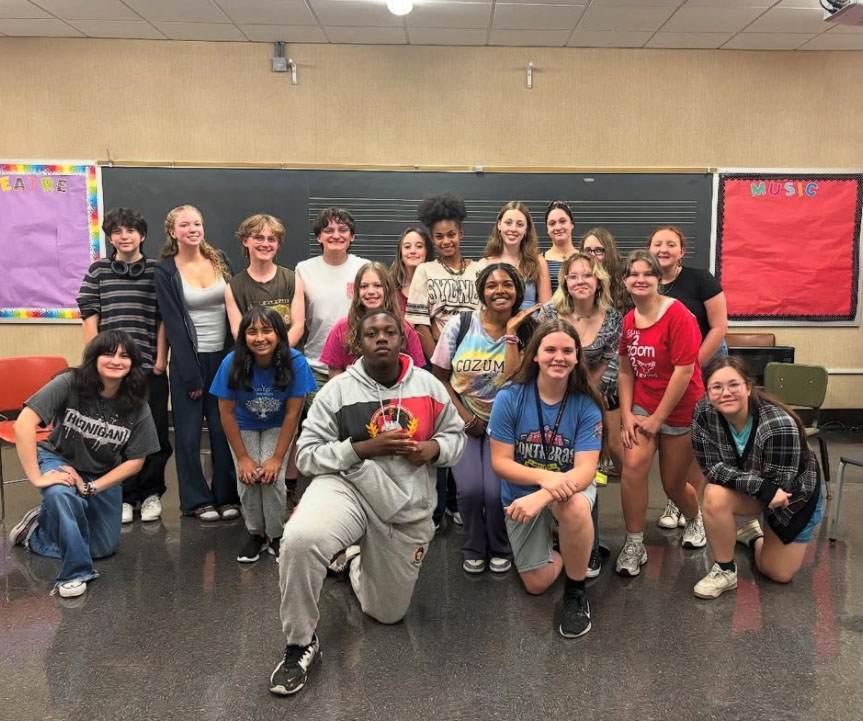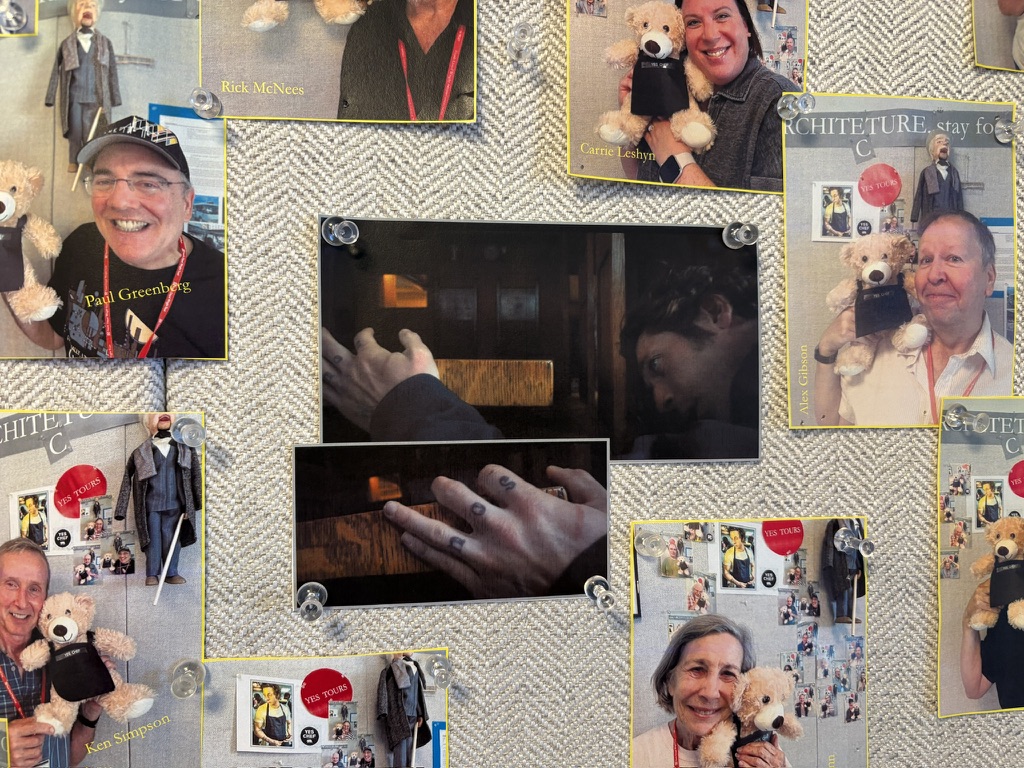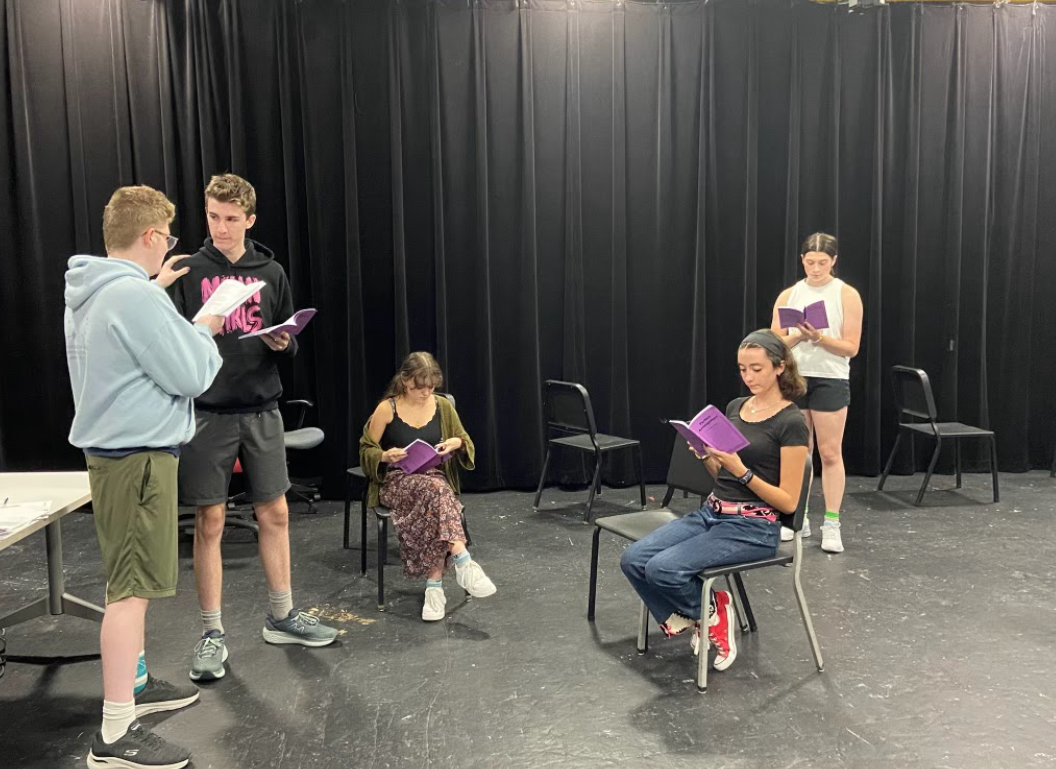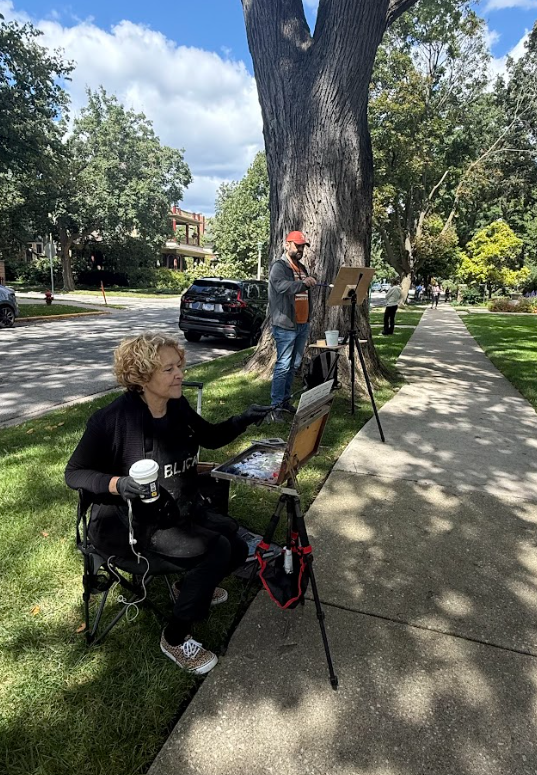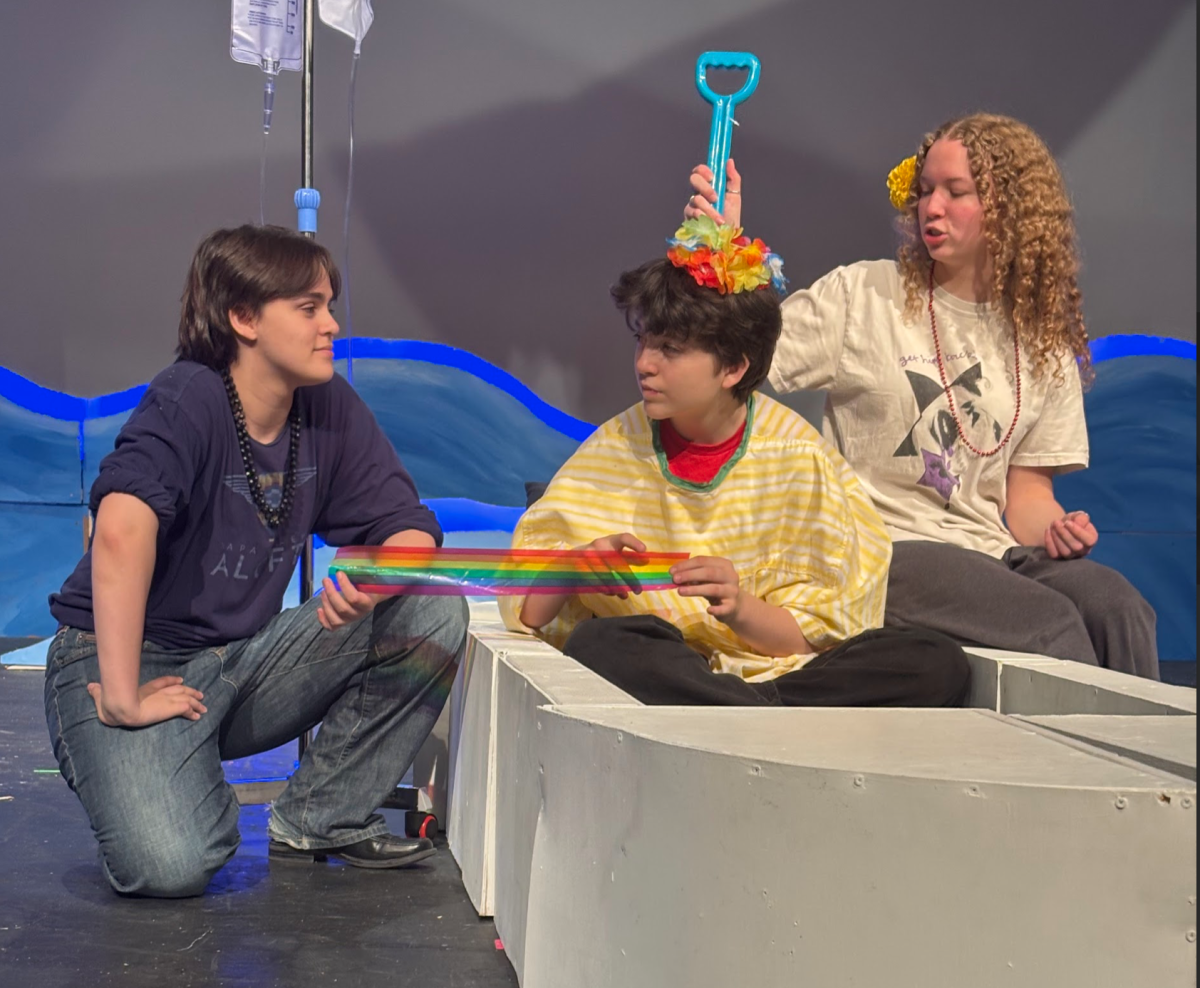Chances you are familiar with competitive poetry from your mandatory poetry units of freshman and sophomore year (as the winner of my own Sophomore Slam, I certainly am). In the case you were out sick that week, like I was my freshman year, I will provide a short description. Spoken Word Club sponsors (currently Adam Levin and Van Harris) will come to your classroom for a week to teach you poetry mechanics and recruit those with a passion or promise for poetry to join Spoken Word.
After said week, students will present their best poems to the class, semi-finalists are voted for by their peers and at the end there is one indisputable winner. Some people enjoy this intersection of creative liberty and comparison of skill so much that they seek it out on purpose by auditioning for our school’s poetry slam team, which we do have, despite limited publicity.
Every year in early spring, Young Chicago Authors holds the largest youth poetry festival in the world for the adolescent Shakespeares of Illinois and Indiana. Hundreds of mid western youths, representing their high schools, community organization or themselves, compete against each other in bouts held at famous and historic venues across Chicago in order for judges to determine the poets that will make it to semi-finals and eventually win the festival.
Founded in 2001, the festival was named Louder Than a Bomb or affectionately shorthanded to LTAB (Elle-tab). But the tensions and stress of competition ran exceptionally high over the years, and in 2021, Young Chicago Authors rebranded the festival to its current moniker Rooted & Radical in order to decentralize competition and recenter the voices of young poets. Instead of judges deciding, advancing poets are determined by the other competing poets, so the entire process has been changed to uplift your peers.
However, decentralizing competition means there is no objective winner, even though there is a top four individual poets, and a top four group pieces. In addition to this, there are awards for certain categories like best writing, best performance, best comedy poem, etc. So what is winning in a festival where you are told there is no winner, even though it clearly seems like there is?
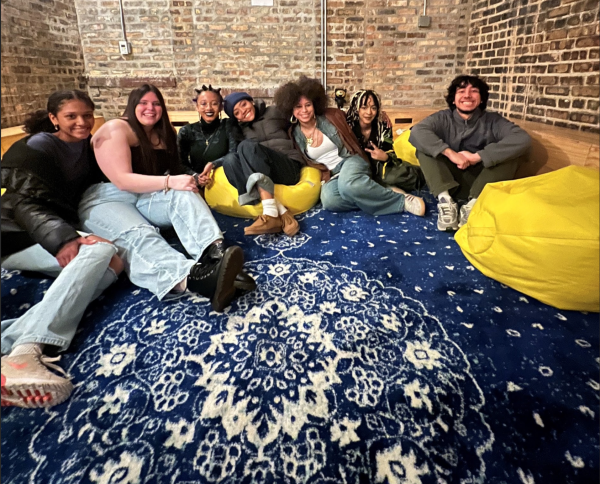
First, I propose the more linear conclusion: that “winning” is placing at the finals showcase where award recipients and the solo and group top fours present their acclaimed pieces. In this case, OPRF did great at winning because we won two awards (your dearest author was one of those recipients), placed second and fourth place with our solo pieces and had our group pieces place third and tie for second.
But Rooted & Radical is a festival where the paramount purpose is to foster community, and so I offer that “winning” is the experience of preparing for the festival. And I know that sounds like a “the real win was the friends we made along the way” placation, but it’s true.
After school on Mondays, Wednesdays and Fridays I had the honor of honing my writing skills—and ability to rack up points on the zinger board—with my teammates Andy Keller, Ava Jordan, Blaire Brown, GiGi Galloway, Naima Dorsey, Rafi Butt, Sephtis James and our co-captains Avery Buczek and James Hurt. I fostered such an incredible community with these talented writers during slam season, and if I had to sacrifice all of the decorations our team won this year to spend that time with them again, I would.
Luckily I don’t have to. Auditions for Rooted & Radical slam team are the December before the festival, and the only requirement is to have participated in one OPRF Spoken Word Showcase. So if you too are searching for a perfect intersection of creative liberty and skill comparison, consider dropping by lecture hall 3130 Tuesdays and Thursdays after school, and hopefully we’ll see you in December.

